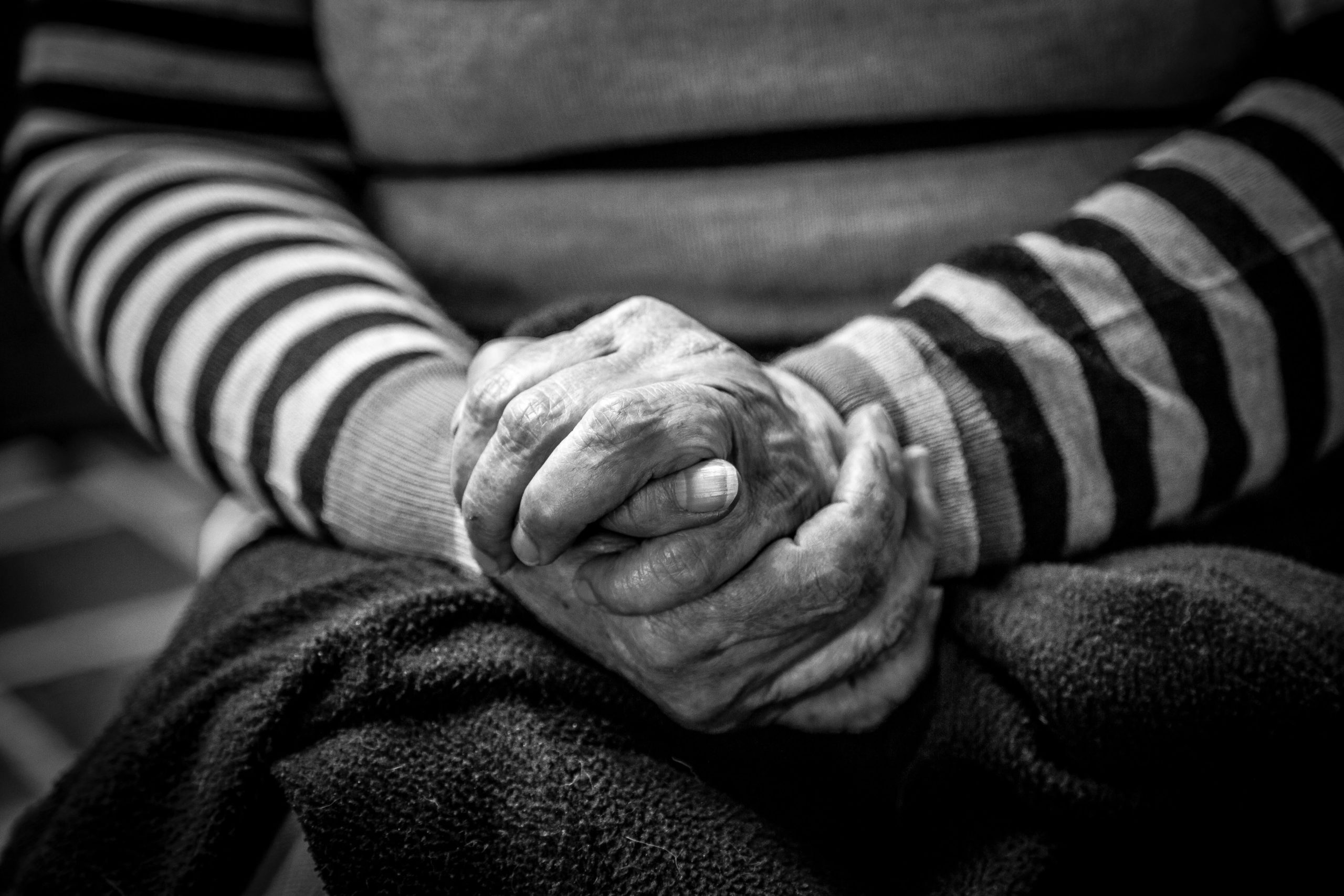
Nursing home neglect is an all-too-common problem in our nation’s nursing homes. Every patient that comes into a nursing home has certain needs to stay healthy and cared for. When this isn’t done, and it’s not due to a deliberate action that would qualify as abuse, the well being of the patient goes down and could lead to an injury. That would be grounds for a negligence charge. It is a shame that our loved ones can end up in a negligent nursing home.
But what would lead to negligence in the first place? Most nurses strive to care for their patients as best as they can. The really bad ones end up with abuse charges. Yet negligence in nursing homes is a widespread problem. Let’s take a look at some of the underlying causes of neglect in a nursing home and share some warning signs of a problem. You may be able to help correct it before it leads to an injury.
Understaffing Can Lead to a Negligent Nursing Home
Sadly, the US has been facing a nursing shortage for decades. Many facilities don’t have the number of nurses they need to give the best, or even adequate, care. The problem is getting worse now that the Boomer generation is reaching ages where skilled nursing care is necessary to thrive. Laws are in place to require a certain level of staffing at nursing homes, but some nursing homes cut corners and this can lead to a negligence lawsuit.
Some homes also have a shortage of doctors. A doctor is needed to perform ongoing checkups of patients and to write up care plans for nurses to follow. If care plans aren’t getting regular updates, that’s another way negligence can happen.
The Patient
Surprisingly, patients may contribute quite a lot to their own negligence. Patients can be embarrassed to ask for help for things they used to do but can’t anymore, or because they need care with embarrassing things like cleaning up after they go to the bathroom. Some patients are stubborn and refuse to ask for help, and others are unable to do so due to infirmity.
One of the standard defenses against a negligence case is to say that the patient didn’t notify the staff that there was a problem until it was too late. Sometimes they are right. That’s why it’s important that you tell your loved ones to ask for help when they need it and to keep them notified of changes in their condition. Doctors and nurses need that information to update care plans and to render the right level of assistance.
This is also why regular visits by the family to see their loved one are so necessary. They can catch things that the nurses and doctors might miss, or may be able to get a patient to open up about what’s really going on.
Inability to Provide Reasonable Care
There are two levels of care used in nursing home negligence. The first is the duty of care required by state and federal law. If this level of care is broken then it’s much easier to prove a negligence claim. But there’s a level on top of that called reasonable care. This is determined on a case-by-case basis depending on what the patient’s needs are and how the nursing home industry handles similar cases. A nursing home might not have the equipment or skilled staff necessary to perform care services for a patient with particular needs. That can lead to neglecting those needs.
On the whole, nursing homes want to take care of every need of their patient. Be their advocate. Talk with your loved one, watch for changes in their condition, and talk with the staff about what they’ve seen. Together, you can help your loved one live a long and healthy life and avoid a negligent nursing home scenario. Contact Galligan Law today!


